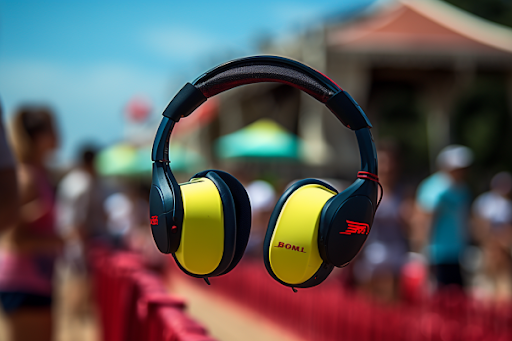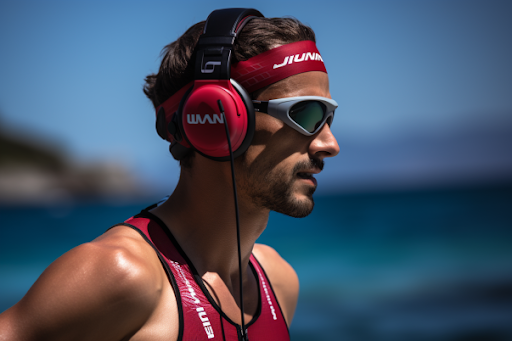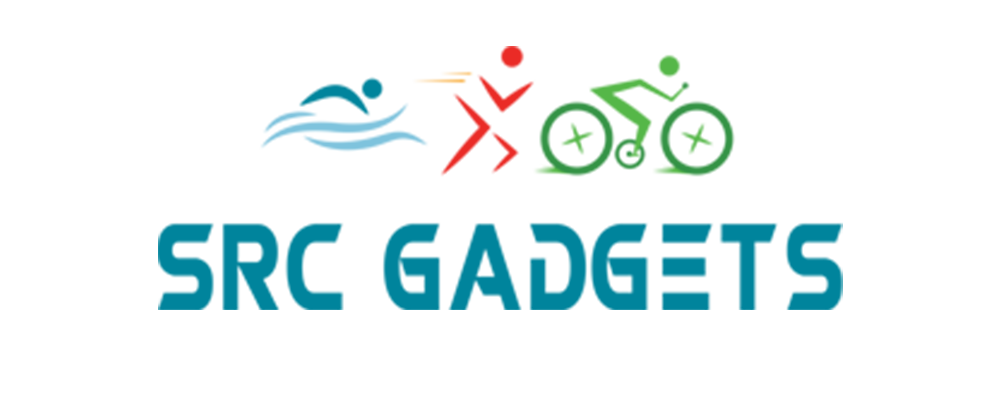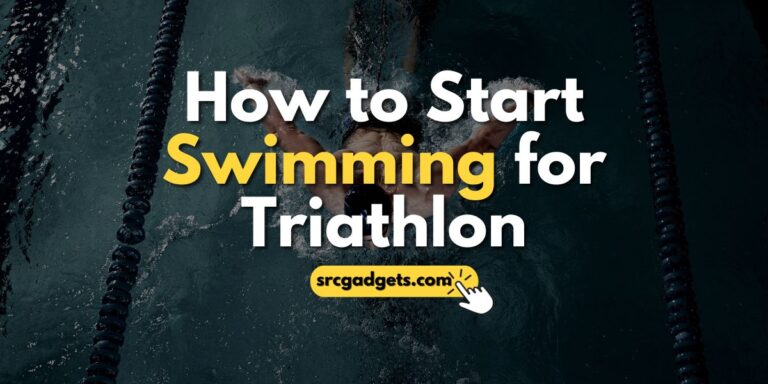Can You Listen to Music in Ironman Races? | Guidelines & Rules
Ironman Triathlon is a rigorous test of stamina, combining swimming, cycling, and running. Given its intensity, there are strict rules to keep it safe and fair, including guidelines on music use during the race.
This article explores the rules of the Ironman race about using music and other ways to stay motivated without music, talks about how to train effectively without music, and explains what happens if these rules are broken.
Ironman Race Rules on Music
In Ironman triathlons, the use of music devices and headphones is a clear no-go. This rule isn’t just a suggestion; it’s firmly established across all official Ironman competitions.
The reason? To ensure the race is safe and fair for everyone. Ironman has clear rules in its guidebook. Every athlete needs to know these rules well. This is a key part of the race, showing how important it is to keep a well-managed and focused race setting.

Safety: A Top Priority
The main concern behind banning music is athlete safety. Imagine running, cycling, or swimming while cut off from the sounds of the race environment. Not hearing a warning, an approaching competitor could be risky.
Ironman races demand high levels of alertness, and music, unfortunately, can be a distracting factor. This rule helps to reduce the risk of accidents and ensures that athletes can respond quickly to any situation.
Equity on the Race Course
Ironman s stance on music also revolves around fairness. In a race where mental determination is as important as physical steadiness, having access to music could give some athletes an undeserved advantage.
This rule ensures that every participant competes under the same conditions regardless of their preference for music. It’s a way to ensure that the challenge is purely based on athletic and mental ability, without external influences.
The Mental Challenge
Finally, Ironman is about testing not just the body but the mind. The absence of music pushes athletes to find inner strength and motivation. This aspect of the race sets Ironman apart from other triathlons that are more lenient with music use.
It’s a challenge to see how athletes can handle the mental demands of the race without relying on external aids like music. This approach fosters a unique mental resilience integral to the spirit of Ironman.

Alternatives to Music for Ironman Athletes
Mental Visualization
In Ironman races, where music isn’t an option, athletes can adopt mental visualization as a technique. This involves picturing the race in their mind, from start to finish. It helps in mentally preparing for different race stages, imagining successful execution, and staying mentally engaged.
Mantra Chanting
Mantra chanting is another effective strategy. Athletes can repeat short, motivating phrases or words in their minds. This repetition can create a rhythm similar to music, keeping them focused and energized during the race.
Focusing on Race Strategy and Personal Goals
Athletes can also concentrate on their race strategy and personal goals. This involves thinking through each segment of the race, strategizing how to tackle challenges, and reminding themselves of their training and objectives. This focus can provide a sense of purpose and motivation, helping them maintain energy without external stimuli like music.
Training Without Music

Importance of Training Without Music
Music-free training sessions are vital in preparing both physically and mentally for an Ironman triathlon. Races often prohibit headphones for safety and communication, so athletes must practice pushing themselves without musical motivation. Additionally, training without music builds critical mental strength and resilience needed to perform for 8+ hours.
Building Mental Toughness
Completing an Ironman requires immense mental stamina to maintain speed and effort. Music can help take your mind off the discomfort, while training without it forces you to confront the pain. Pushing through tough sessions without a soundtrack teaches athletes how to find motivation within themselves to keep reaching new limits. It builds grit to draw on when the race gets increasingly demanding.
Developing Internal Motivation
Music provides external motivation to keep going during difficult parts of a workout. In an ultra-endurance event like an Ironman, athletes won’t have access to any outside help or boosts. By removing music at times in training, triathletes learn how to be self-reliant and strict in their discipline despite growing fatigue. Staying focused for 8+ hours requires supreme internal drive.
Penalties for Breaking the No-Music Rule
Ironman triathlons strictly prohibit listening to music during certain legs, as the competition guidelines define. Breaking this rule can lead to penalties that preserve the fairness and safety of these events.
Understanding why races enforce this rule underscores why athletes must follow protocols, even when training without tunes proves frustrating.
Potential Race Penalties
Being caught using banned headphones in a part of the race where music is not allowed can lead to consequences such as:
1. Time Additions:
If you break the no-music rule, extra time may be added to your race time, affecting your overall standing. This penalty is designed to be a deterrent, ensuring all athletes compete under the same conditions. The added time can significantly impact your final ranking.
2. Disqualification:
Violating this rule can lead to being disqualified from the race altogether. Disqualification affects your current race standing and can have implications for future participation. It sends a strong message about the importance of following all race guidelines for the fairness and integrity of the competition.
Conclusion
Music devices and headphones are prohibited during Ironman triathlons. This rule upholds athlete safety, fair competition, and the mental resilience that Ironman races aim to build. Athletes must instead motivate themselves via visualization, mantras, and race strategy. Following this strict no-music rule is essential for all participant’s safety and the event’s integrity.
If your friends are doing their first Ironman or triathlon, tell them about the no-music policy during the race. Knowing this rule will help them focus completely on drawing inner strength during the final race.



